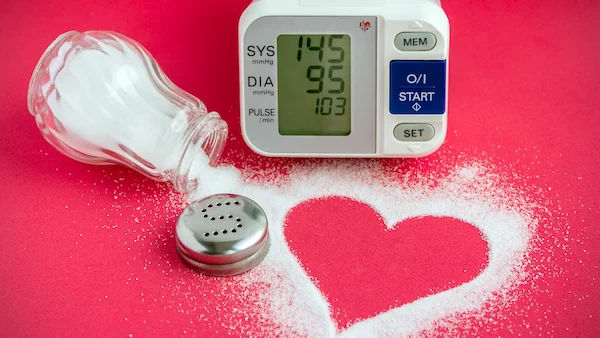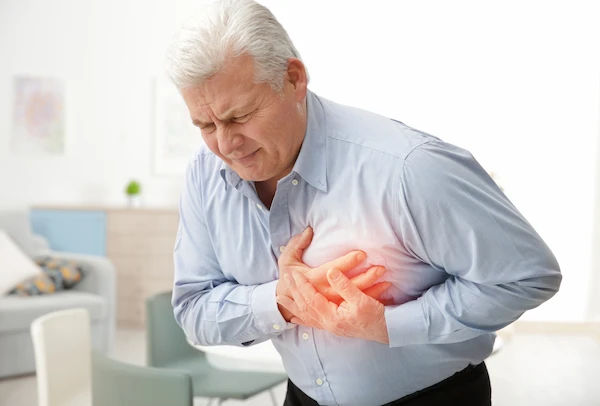- Male
- 40 Years
- 22/01/2025
I'm dealing with severe anxiety and depression symptoms for the past few years, and I've had a couple of panic attacks. Now I'm seeing some ECG changes, but my Troponin levels are within normal limits. Both my ECHO and Angiography came out normal. Does this mean my heart is okay? Is it safe for me to do intense exercise? Sometimes I feel a sharp pain in my chest area that only lasts for a few seconds and goes away quickly. Any idea why my ECG has changed? What can I do about feeling weak all the time? And it's weird, but my feet are always cold. Any thoughts on what's going on?
Answered by 1 Apollo Doctors
The ECG changes could be related to your anxiety and panic attacks, but it's important to monitor them closely. To address the sharp pain in your heart area, you can take a low dose of a beta-blocker like Metoprolol (25-50mg) as needed for chest pain relief. For your weakness, you can try taking a daily dose of a multivitamin like Centrum to ensure you're getting essential nutrients. Cold feet can be improved by wearing warm socks and keeping your feet elevated when possible. Regular exercise is beneficial for anxiety and depression, but start with low to moderate intensity workouts and gradually increase the intensity based on your tolerance.
Dr. Dr Khaleel Suggests...
Consult a Cardiologist
Answered 04/07/2025
0
0

More Cardiology Health Queries
View allI've been feeling like I've missed a beat sometimes, mostly when I'm resting. Could you help me understand what this condition might be and if I should be worried about it?
The sensation of "skipping a beat" is known as palpitations. It can be caused by various factors such as stress, anxiety, caffeine intake, or underlying heart conditions. Since you feel it mostly when you are resting, it could be related to an irregular heart rhythm called premature ventricular contractions (PVCs). To manage this condition, you can try to reduce stress and caffeine intake. If the palpitations persist or worsen, you may consider taking a beta-blocker like Metoprolol. However, it is important to consult with a healthcare professional for a proper evaluation and diagnosis.
Answered by 1 Apollo Doctors
I've been checking my heart rate with my phone, and it usually reads between 90-100. I don't smoke, drink, or experience any stress, but sometimes my heart feels a bit heavy, even when I'm just resting. Is this normal? I'm 5.9 tall and weigh 75 kg.
An echo and ecg is advised.
Answered by 1 Apollo Doctors
I'm a bit confused and worried after seeing my recent health checkup report. It mentions Grade 1 diastolic dysfunction, but everything else like chamber dimension, RWMA, and LV systolic function looks normal. The report also notes trivial MR and TR, with no PAH, clot, or vegetation, and my EF is 70. Can you help me understand what Grade 1 diastolic dysfunction really means and if there's anything I should do about it?
grade 1 diastolic dysfunction could be due to hypertension , electrolyte imbalance and due to ischaemic heart disease.Salt restricted diet and DASH diet is advised.Also regular aerobic exercises is advised..Alcohol and cessation of smoking is advised
Answered by 1 Apollo Doctors
Disclaimer: Answers on Apollo 247 are not intended to replace your doctor advice. Always seek help of a professional doctor in case of an medical emergency or ailment.




